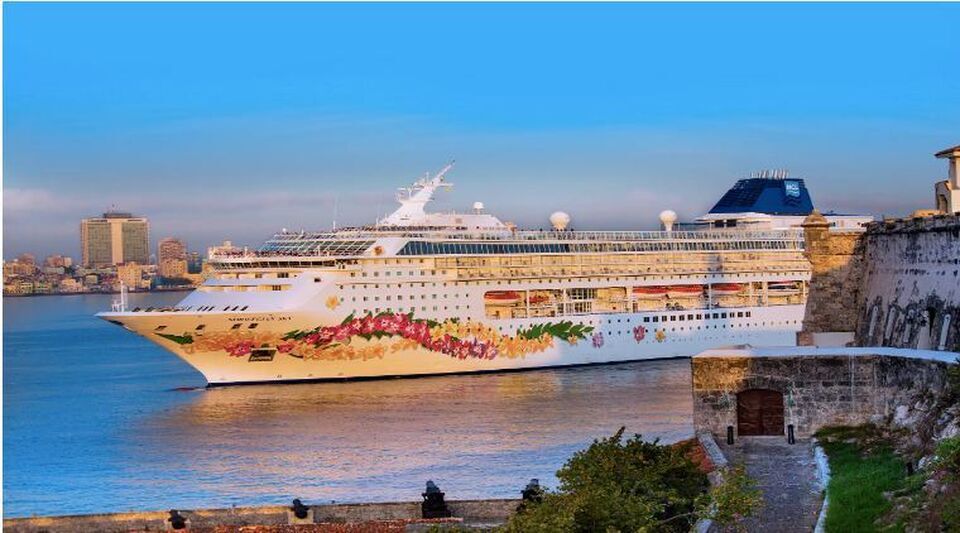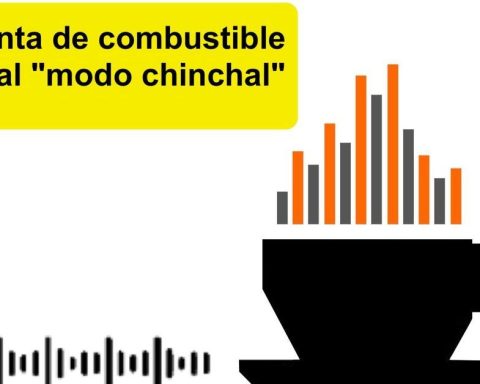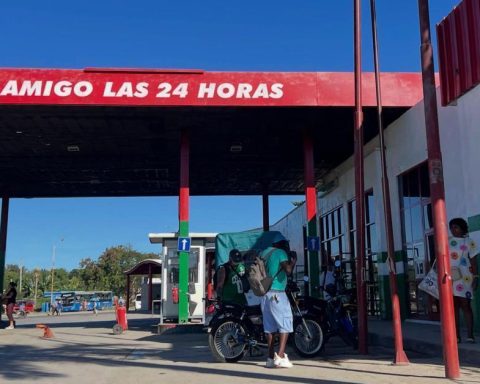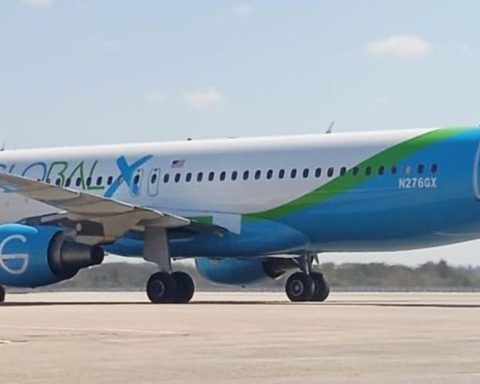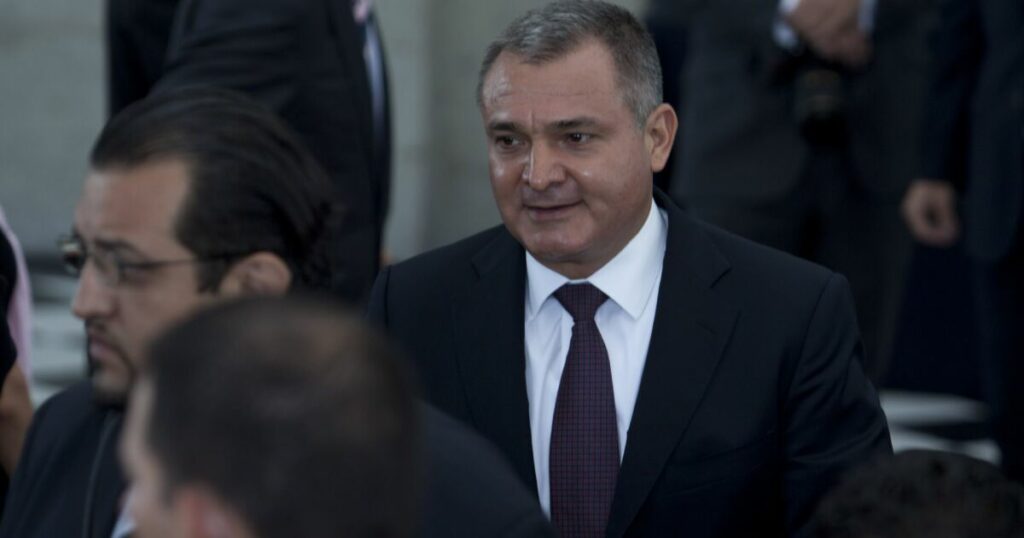The Government of Joe Biden extended this Friday for one more year, until 2024, the ban on US-flagged ships docking in Cuban ports. Almost three decades have passed since the entry into force of this measure and Washington still considers that Havana has not demonstrated that it will refrain from using excessive force against its vessels or aircraft.
In a note sent to Congress, Biden assures that the entry of any unauthorized vessel into Cuban territorial waters “continues to be detrimental” to the foreign policy of the United States, a fact that could facilitate irregular migration from the Island.
“A massive migration from Cuba would endanger national security by posing a disruption or threat of disruption to the international relations of the United States,” President Biden said in the note.
The United States declared a national emergency on March 1, 1996 when the Government of Cuba ordered, on February 24 of that year, a military maneuver against three civilian planes from the Hermanos al Rescate group, dedicated to spotting rafters fleeing the island. .
Havana alleged that the planes had violated Cuban airspace, while the United States maintained that they were in international space.
The Cuban Air Force attacked with missiles from some MiG fighters, which managed to shoot down two Cessna Skymaster planes belonging to the exile organization and killed four of the crew. This event triggered President Bill Clinton to issue that ban, which his successors have kept in place.
At that time, Havana alleged that the planes had violated Cuban airspace, while the United States maintained that they were in international space, to the north of the island.
In the note, the US government recalls that the proclamation entered into force 27 years ago due to the threat of disruption caused by the “destruction” at the hands of the Cuban government of those two unarmed civilian aircraft.
The state of emergency was reactivated on February 26, 2004, when the United States implemented sanctions to deny monetary and material support to the regime. The measure was softened, though not repealed, during the Barack Obama Administration. With the arrival of Donald Trump there was a new chapter in the tightening of economic measures, including sanctions for airlines or cruise ships that maintained operations in Cuban terminals.
At the end of December 2022, federal judge Beth Bloom sentenced the cruise companies Carnival, Royal Caribbean, Norwegian Cruise Line and MSC Cruises to pay more than 400 million dollars for docking at the Havana terminal. The judge found that the companies violated Title III of the Helms-Burton Act, issued in 1996 and activated by Donald Trump in 2019. The companies have appealed that ruling.
________________________
Collaborate with our work:
The team of 14ymedio He is committed to doing serious journalism that reflects the reality of deep Cuba. Thank you for accompanying us on this long road. We invite you to continue supporting us, but this time making you a member of our newspaper. Together we can continue transforming journalism in Cuba.
